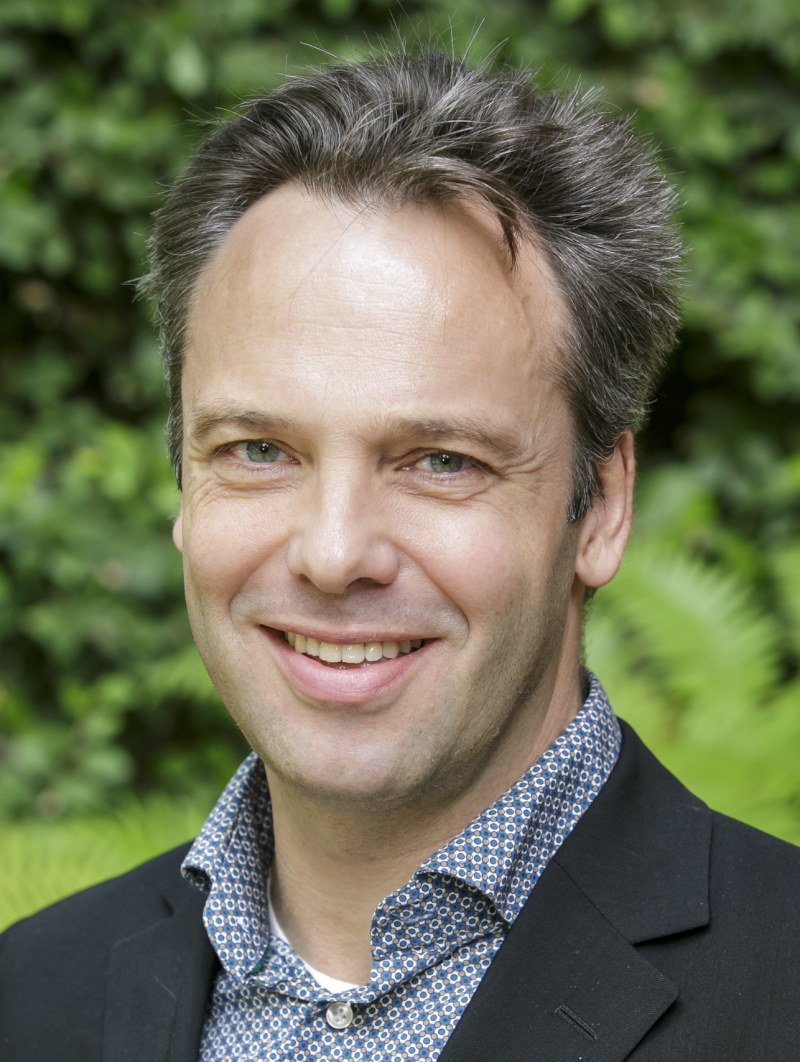New Research Fellow: Titus Galama
Titus Galama has joined Tinbergen Institute as a research fellow. Galama is Associate Professor of Economics at the Vrije Universiteit Amsterdam and the University of Southern California (USC), Los Angeles.

He is an award-winning astrophysicist who turned to business and management, then to policy analysis and economics. Dr. Galama holds a Ph.D. in Astrophysics from the University of Amsterdam (1999), an MBA from INSEAD, France/Singapore (2003), and a Ph.D. in Economics from the University of Tilburg (2011).
In economics, he focuses on understanding the substantial disparities in health by socioeconomic status, utilizing economic principles. Recently, he has turned his attention to integrating genetics into such studies and was awarded a VIDI grant by the Dutch National Science Foundation (NWO) and a National Institute of Aging (NIA) research grant (R01) in this area. Both projects focus on identifying modifiable aspects of environments that may protect against genetic risk.